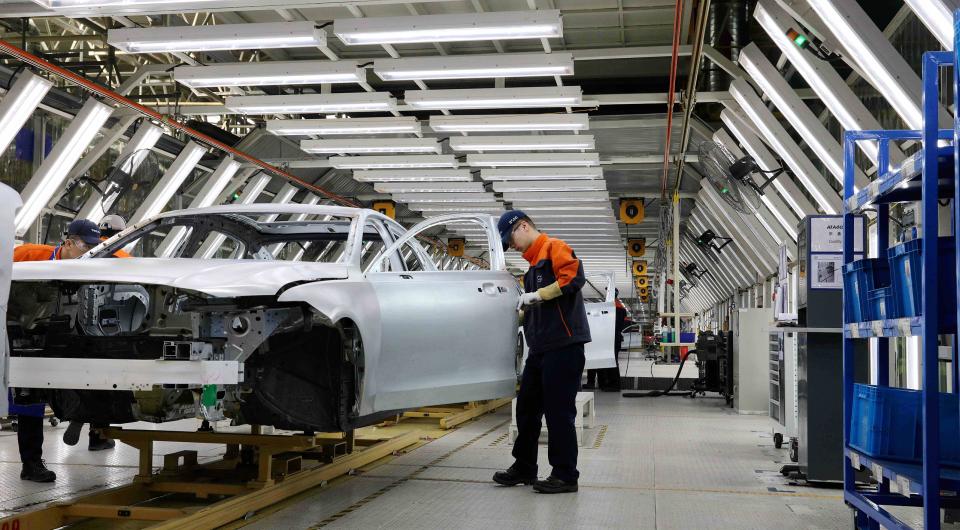Lifting the restrictions gradually on the share proportions of joint venture will not only comply with the general trend of industrial opening up and liberalization of investment and trade, but give state-owned car groups a buffer period as well as a sense of urgency. They will be forced to reform their systems and to innovate, argued a newspaper.
The Medium to Long-term Development Plan for the Automotive Industry states that the restriction on joint ventures's share proportion – the percentage stake a foreign company can own – will be lifted in an orderly manner, reported Economic Daily. According to the country’s automotive industry policy, the foreign party to a joint venture can hold no more than 50 percent of the total shares.
There has always been a controversy over whether to lift the restriction in China. Those against lifting the restriction hold that as China’s state-owned car groups are at an early, critical stage in developing their proprietary brands, the current restriction gives them a significant source of profit. If it is lifted, the writing is on the wall for their proprietary brands, owing to the lack of funds for further development.
The pro-lifting camp believes that if the restriction remains in place, the state-owned car groups will be content with their profits and lack the motivation to innovate.
Despite the fact that in most cases the Chinese party and the foreign party in a joint venture hold an equal 50 percent stake, the latter still has a relatively stronger say due to their advantages in technology, products and capital, pointed out Economic Daily.
Those against the lifting say that if the share proportion restriction is lifted, multinational companies will increase their stake by advantage of their strength, causing Chinese companies to be mere financial investors. Moreover, they might withdraw their stake in the joint venture, allowing the establishment of a wholly foreign-owned company.
The making and adjusting of any industrial policy must be premised upon guaranteeing the industry security and interests of China, the paper argued. Gradually lifting the restriction is a far better alternative under current circumstances.

 Old Version
Old Version